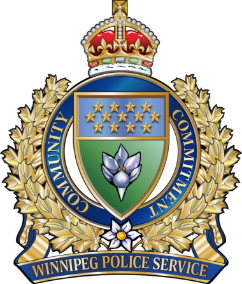Seniors from all walks of life are vulnerable to elder abuse and it is happening in communities across Canada. Today, many older Canadians are enduring physical, emotional, financial, elder abuse and neglect.
Elder abuse is any action by someone in a relationship of trust that results in harm or distress to an older person. Neglect is a lack of action by that person in a relationship of trust with the same result. Abuse can be a single incident or a repeated pattern of behavior.
Older adults may feel ashamed or embarrassed to tell anyone they are being abused by someone they trust. They may fear retaliation or punishment.
The following information outlines how seniors and Canadians can spot elder abuse as well as information on how to help stop it.
Abuse can happen to anyone in any family or relationship. It can happen to people of all backgrounds, ages, religions, races, cultures, ethnic origins and diverse groups.
Forms of abuse:
- Physical (ie: striking, hitting, pushing, shaking)
- Psychological (ie: insults, threats, intimidation, humiliation)
- Financial (ie: misusing or stealing money, property/assets, forging)
- Neglect (ie: not providing appropriate water/food, shelter, clothing, medication)
Older adults affected by abuse often know and trust the person mistreating them:
- Family member/friend
- Someone who provides assistance with basic needs or services
- Health care providers in institutional settings
In many situations of elder abuse, the abuser is dependent on the older adult for money, food or shelter.
Signs and symptoms of abuse may include:
- Fear, anxiety, depression or passiveness to family member, friend or care provider
- Unexplained physical injuries
- Dehydration, poor nutrition or poor hygiene
- Improper use of medication
- Confusion about new legal documents (ie: a new will or new mortgage)
- Sudden drop in cash flow
- Reluctance to speak about the situation
- Seniors most vulnerable to neglect include those who are socially isolated and those with serious health conditions.
Let’s recognize and continue raising public awareness of elder abuse. Seniors are entitled to respect, safety and security.
If you suspect something, say something. If you detect signs of abuse, document them and keep a log of any suspicious behavior or circumstances. Address your concerns with the director of the long-term care facility, home care provider, Police or elder abuse attorney.
We must look after and look out for our fellow humans. Exercising compassion on a daily basis no matter how young or old.
For more information and resources available on this topic you can go to 211 Manitoba, Support Services for Older Adults and our Elder Abuse Pamphlet.
